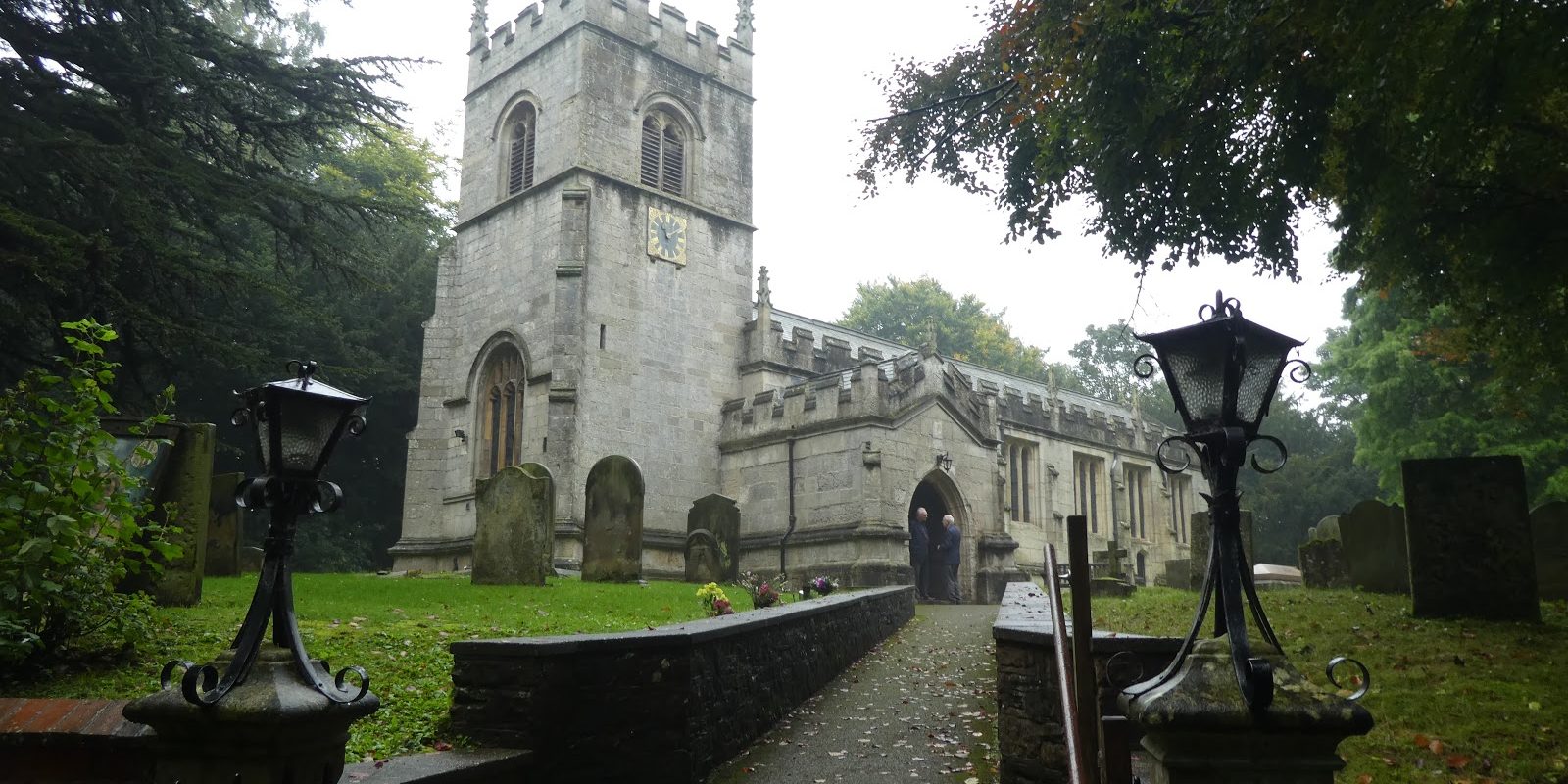What makes the Pilgrim movement so unique is that it stands in such contrast to the coercion practiced by the State Church of England? The State (in this case King James) was the head of the Church and thus there was little religious liberty. Richard Clyfton had such pressure when pastoring in Babworth, England where many of the pilgrim leaders worshipped and also where young William Bradford was converted.
But coercion has a history. Almost two hundred years before the Pilgrims arrived, the “doctrine of discovery” was put forth by the Established Church at the time. In its perpetual war with the Muslim Turks, the Church desired permission to subdue their enemies, and the result was Pope Nicholas V and his Bull of 1452 which stated:
We grant you [Kings of Spain and Portugal] by these present documents, with our Apostolic Authority, full and free permission to invade, search out, capture, and subjugate the Saracens and pagans and any other unbelievers and enemies of Christ wherever they may be, as well as their kingdoms, duchies, counties, principalities, and other property… and to reduce their persons into perpetual servitude.
How do you change the terrible reputation of such a “doctrine of discovery” or colonization policy, especially when it is declared by a “Christian” leader? You do so by operating in a different spirit and with a different heart. This is what the Pilgrims did, and though it took time to prove that their character was different, it was worth it.







